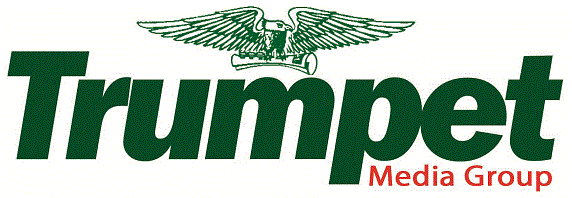By FIFA.com
The Algerian Football Association (FAF) took its time in finding a replacement for Christian Gourcuff when the Frenchman resigned as Fennecs coach back in April. With both the 2017 CAF Africa Cup of Nations and the final round of qualifying for the 2018 FIFA World Cup Russia™ coming up, it was important they got the right man.
Among the credentials the FAF were looking for in Gourcuff’s successor was previous experience in African football and the FIFA World Cup, both of which were criteria that Milovan Rajevac fulfilled, having reached the last eight with Ghana at South Africa 2010, where they went out to Uruguay. The Serb was duly given the job.

Milovan Rajevac
Milovan Rajevac
Present at the last two world finals, Algeria are hoping to make it three in a row, for the first time in their history. Having signed a contract that will run through to February 2019, Rajevac spoke to FIFA.com about his determination to achieve that goal: “I took on the Algeria job because I like a challenge. My goal is to take the team to [Russia] 2018 because the World Cup is the biggest competition there is. My personal objective is to do better than I managed with Ghana and get beyond the quarter-finals.”
The Serbian coach explained that he accepted the FAF’s offer because he believes in the potential of his players: “I know the team well. I watched them and supported them at the World Cup in 2014. Algeria came so close to knocking out Germany and reaching the last eight, though the fitness factor worked in the [eventual] world champions’ favour in the end. Algeria are the best side in Africa at the moment and I’m sure we’re going to reach the objectives set by the national FA.”
A tough assignment
The FAF did not get Rajevac to sign on the dotted line until they knew who Algeria would be facing in the final round of qualifiers for the World Cup, the idea being to set more specific terms and objectives when it came to drawing up the contract. Expressing his view on the qualification group Les Fennecs find themselves in, the new coach said: “Cameroon, Nigeria and Zambia are all good sides and have a great footballing history behind them. It’s the group of death because every team is looking to qualify. At the end of the day, the best side will go through, and I hope it’s Algeria.”

Les Fennecs - Algeria's national team
Les Fennecs - Algeria's national team
Les Fennecs will start their Group B campaign against Cameroon at home, though Rajevac is more concerned at the moment with preparation than with the fixture list: “To me, it’s not important whether we play our first game in Algeria or away. What counts is that the Algerian players are on top form. Our first qualifying match is in October and we need to prepare as best we can if we’re going to earn our place.”
Though optimistic, Rajevac knows just how tough the task will be. “The standard of African football is improving all the time and our rivals are strong,” he said. “We need to play each match with the idea that we’re the best team on the continent, and while also trying to keep clean sheets and score lots of goals at the other end.”
Setting out his footballing philosophy, he said: “The success of a team depends on a lot of different factors: the style of play, the participation of every single player in attack and defence, good relations between the coaching staff and the players on the pitch, in the dressing room and at training camps. The human factor is very important.”
He added: “My philosophy is for all the players to do their bit in attack and defence. I don’t want to talk about the weakness of the Algerian defence because it’s the team as a whole that I care about.”
Russia here we come
As well as taking Ghana to the last eight at South Africa 2010, Rajevac also steered them to the final of the 2010 Africa Cup of Nations in Angola. Looking back on those successes, he revealed how they can help him in his new job: “I picked up a lot of experience with Ghana, which is really going to help me with Algeria. But if I’m going to achieve as much as I did with Ghana, then everyone will need to pull together: the players, the national FA, the media, the fans and the coaching staff.
“With Ghana, we qualified for the World Cup after just four matches, in which we scored seven goals and didn’t concede any. I’m going to try and take the Algeria team forward in every area so that we can reach the same level.”
As for the demands of managing a squad featuring several big-name players, Rajevac felt his experience of handling a similarly high-profile group during his Ghana days would stand him in good stead. “It’s a pleasure to work with the stars of the Algeria team. I coached some big players in Ghana, like (Michael) Essien, Asamoah Gyan and (Sulley) Muntari, and I never had any problems managing the team. When the coach does his job, team discipline isn’t an issue. I’ve always tried to ensure that I’ve got cover for each position in case there are any mishaps, and I’ve never had any problems.”
Before signing off, Rajevac revealed his hopes of winning the African title with Algeria and representing the continent at the FIFA Confederations Cup Russia 2017: “I got to the final of the 2010 Africa Cup of Nations with Ghana, but I lost to Egypt. I want to make the final again Algeria and lift the trophy this time. And it would be fantastic to take part in the Confederations Cup in 2017.”
